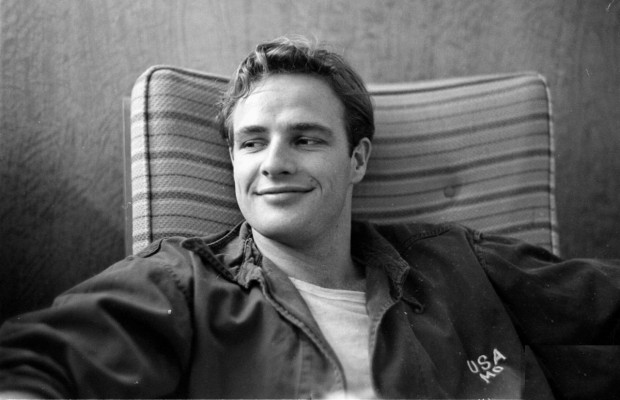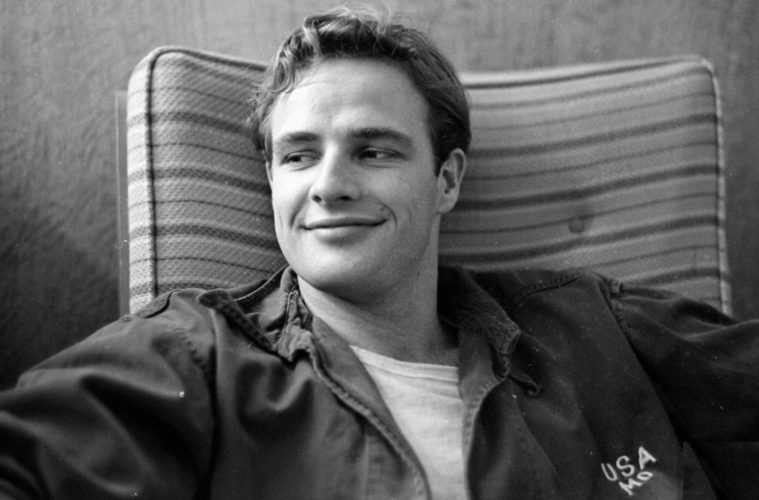
Dailies is a round-up of essential film writing, news bits, and other highlights from across the Internet. If you’d like to submit a piece for consideration, get in touch with us in the comments below or on Twitter at @TheFilmStage.
New Directors/New Films have announced their full 2015 line-up, including (click for reviews) Entertainment, The Diary of a Teenage Girl, Goodnight Mommy, Listen to Me Marlon, The Tribe, White God, Christmas, Again, and Haemoo.
Vulture‘s Bilge Ebiri pleads for Hollywood to stop making so many biopics:
Biopics are endemic to Hollywood. But now they’ve become epidemic. It’s hard to sort out the biopics opening in a given week, let alone a year. And when put together, a kind of sameness starts to emerge. Biopics often have their own rhythm — a certain and-then, and-then, and-then quality — and they turn on a kind of predictability. We know, for example, that very often they’re leading to a big speech, or a big historical denouement, with obligatory nods to other historical or biographical details along the way, even if those details are irrelevant to the ostensible plot. (An example: Selma has a touching scene that briefly references Martin Luther King Jr.’s extramarital affairs. Do we need it? Who knows? But if it wasn’t there, a certain part of the pundit peanut brigade would accuse the film of being a whitewash — even though King’s dalliances are largely irrelevant to the events in Selma. If the film was a purely fictional story, a reference like this would seem very tonally strange. But because Selma is historical, we don’t mind it.) Many of our biopics — even the good ones — now feel strangely like entries in a broad, vague franchise: this year’s variation on the brilliant scientist, or the famous musician, or the military hero, or the political figure.
Watch Guillermo del Toro discuss Watership Down for its Criterion release:
David Bordwell discusses the structure and technique of Birdman:
The film feels a little odd—“quirky” is the official term—but its blend of comedy and drama is constructed along familiar lines. The major characters have goals. Riggan wants to prove he can do something valuable, while paying homage to Raymond Carver, who encouraged him when he was starting out on the stage. Riggan is also disturbed by his failures as a father and husband; mounting this play about love would seem to be an act of penance. The protagonist’s search for authentic success and psychological stability might remind you of 8 ½ and All That Jazz, which also endow their protagonists with flamboyant fantasy lives.
Watch a Martin Scorsese-narrated Apple ad:
The Guardian‘s Gabriel Baumgaertner revisits Hoop Dreams to find out where the main figures are now:
In 1986, filmmakers Steve James, Frederick Marx and Peter Gilbert set out to film a 30-minute PBS documentary on playground basketball as a window into Chicago’s street culture. Some 300 hours of footage and three years of editing later, Hoop Dreams emerged overnight as a landmark documentary. Roger Ebert labeled it the best film of the 1990s (ahead of Pulp Fiction, Goodfellas and Fargo), and its exclusion from the Best Documentary category at the 1995 Academy Awards led to a restructuring of how the category was evaluated.

